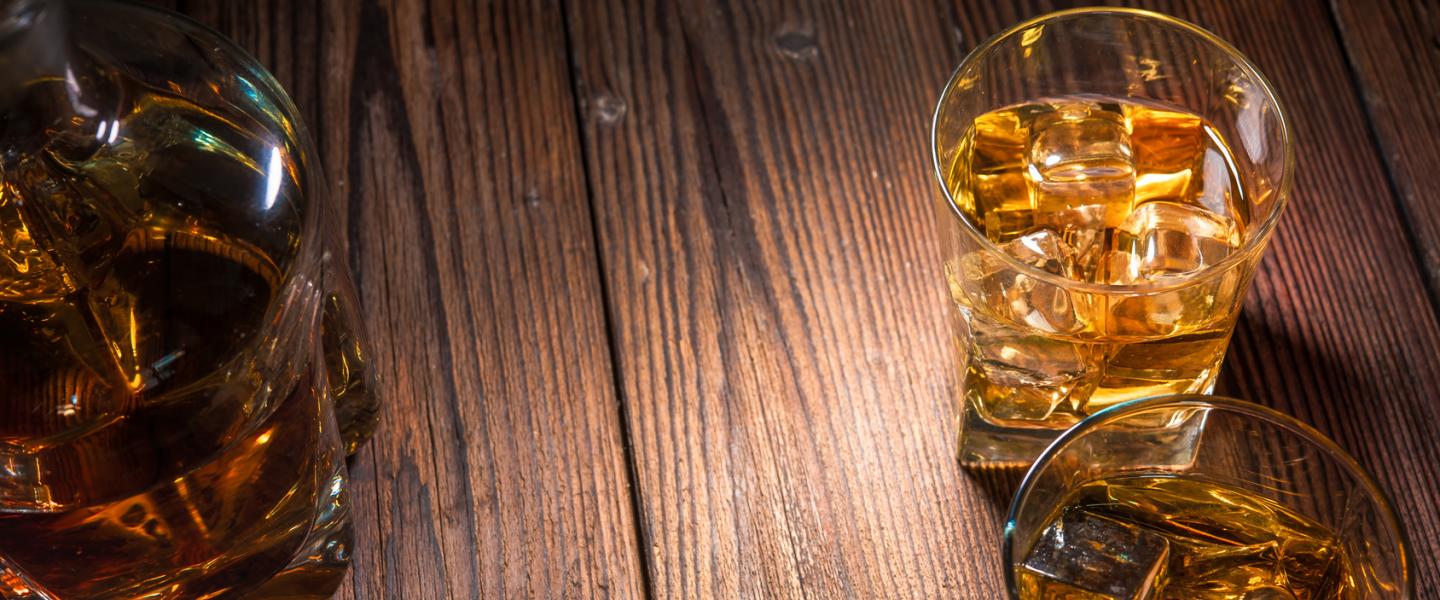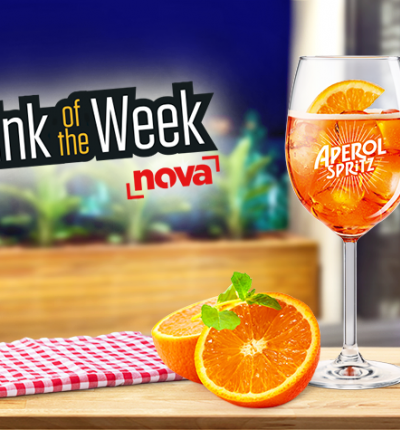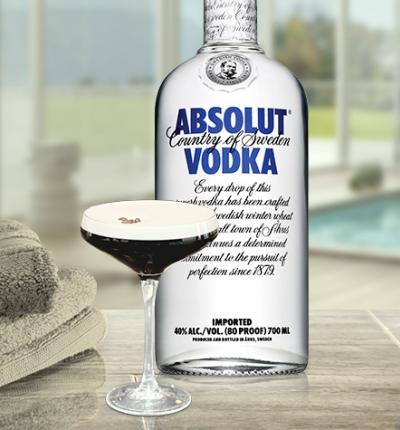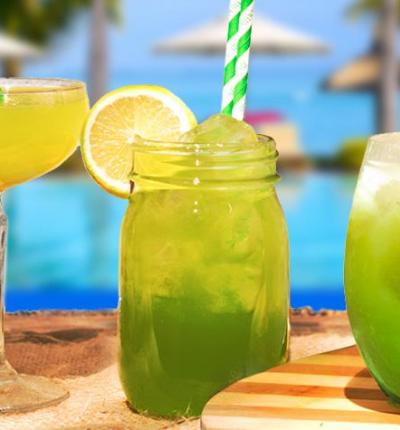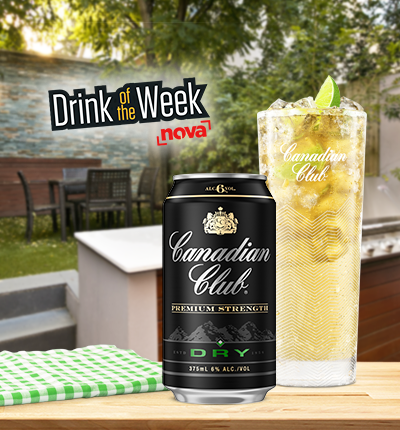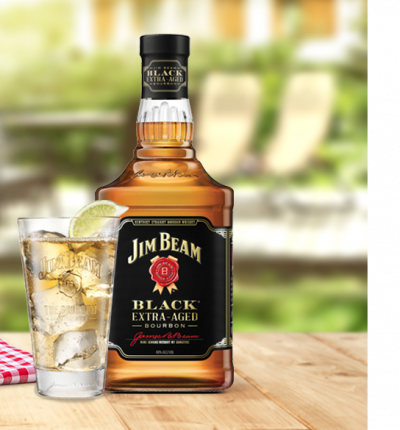You are here
SPIRITS - THE DISTILLED BEVERAGE
SPIRITS - THE DISTILLED BEVERAGE
A spirit is an alcoholic beverage that is distinguished by the distillation process, which was first developed as early as 1 A.D. Unlike the fermentation process that characterises wine and beer, distillation produces ethanol from the base ingredient, such grains, fruits or vegetables, without added sugar. Spirits are generally grouped into either light or dark categories.
Dark Sprits
Whiskey was first documented in Ireland in 1405, but its exact origins remain unknown. Irish and Scotch whiskey are perhaps best well-known, but today, whiskey is produced in many parts of the world, including Japan, and the US. Australia's own history of whiskey production is perhaps less well-known, but is rapidly drawing the attention of some of the world's whiskey connoisseurs, particularly single malt varieties from Tasmania.
Whiskey is made from fermented grain mash, which is then distilled and aged in wooden casks. The type of wood and the length of maturation have an important role in the quality of the whiskey produced. Grains used for producing whiskey include malted barley, wheat, rye and corn. Bourbon is another form of whiskey which is based on corn.
Rum is based on sugar or sugar by-products, such as molasses. Light rums, such as Bacardi, are often used in cocktails, while dark rums are consumed on their own or with mixers. While its origins are thought to be in ancient India or China, it is most associated with the Caribbean region, where, along with Latin America, much of the world's rum is produced. Australia also produces rum, the most well-known being Bundaberg Rum.
Brandy is a spirit produced by distilling wine. With an alcohol content ranging from 35-60%, brandy is either aged in wooden casks, coloured to give the appearance of aging, or a combination of both. Brandies are classed according to age, from "A.C" (2 years) to "X.O" (Extra Old). Hors d'age brandies age are unknown, but thought to be at least 10 years.
Not all brandies are grape-based. Fruit brandies are produced through the distillation of fruit wines, commonly based on apples, plums, elderberries, raspberries, blackberries, apricots and peaches. As these brandies are not aged they remain colourless. Pomace brandy, a third type, is produced using the skins, seeds and stems of the grapes after crushing, and is also not aged. It is produced in many countries across Europe.
Light Spirits
Gin is a clear spirit that is a product of agricultural grains, such as wheat or rye, and then flavoured with a combination of spices, most notably juniper. There are four main catagories of gin: London Dry Gin, Plymouth Gin, Old Tom Gin and Genever (or Hallands). London Dry Gin, as the name suggests, is dryer than the more full-bodied Plymouth Gin. Old Tom Gin is a not as common today, but is a sweeter variety that was popular in 18th Century England. Genever is distilled from malted mash, much like whiskey, and aged in oak casks.
Vodka originated in Russia in the late 9th Century, and has become a pivotal ingredient in many of the world's most popular cocktails, such as the Bloody Mary, Vodka Martini and White and Black Russians. It's safe to say that vodka is a must in every good bar stock.
Vodka is distilled from a combination of products, predominantly agricultural grains and potatoes, but also sometimes fruits and sugars.
Tequila, a distilled beverage made from the Blue Agave plant, is possibly Mexico's most famous export product. In fact, Mexico has the exclusive rights to the use of the word "Tequila", even limiting that to the states of Guanajuato, Michocán, Nayarit and Tamaulipas. It was first produced in the 16th Century, although it is believed the Aztec people made a fermented drink from the agave plant long before the Spanish arrived.
Today, there are two main types of tequila: 100% agave, made from only agave plants, and mixtos, which contains no less than 51% agave and either glucose or fructose sugars. Traditionally, tequila is sipped slowly to allow an appreciation of its flavour. It is widely used as an ingredient for cocktails and, of course, the Tequila Slammer.

